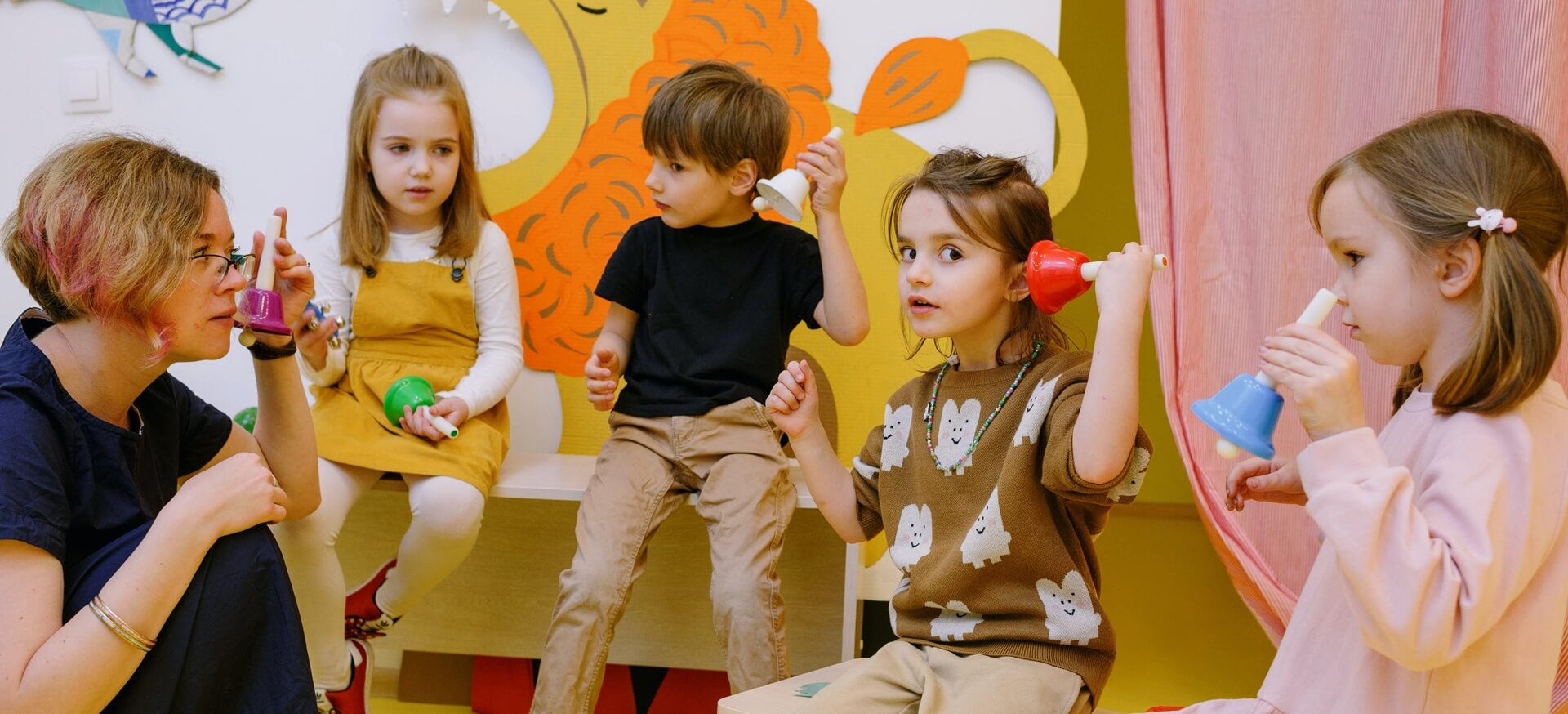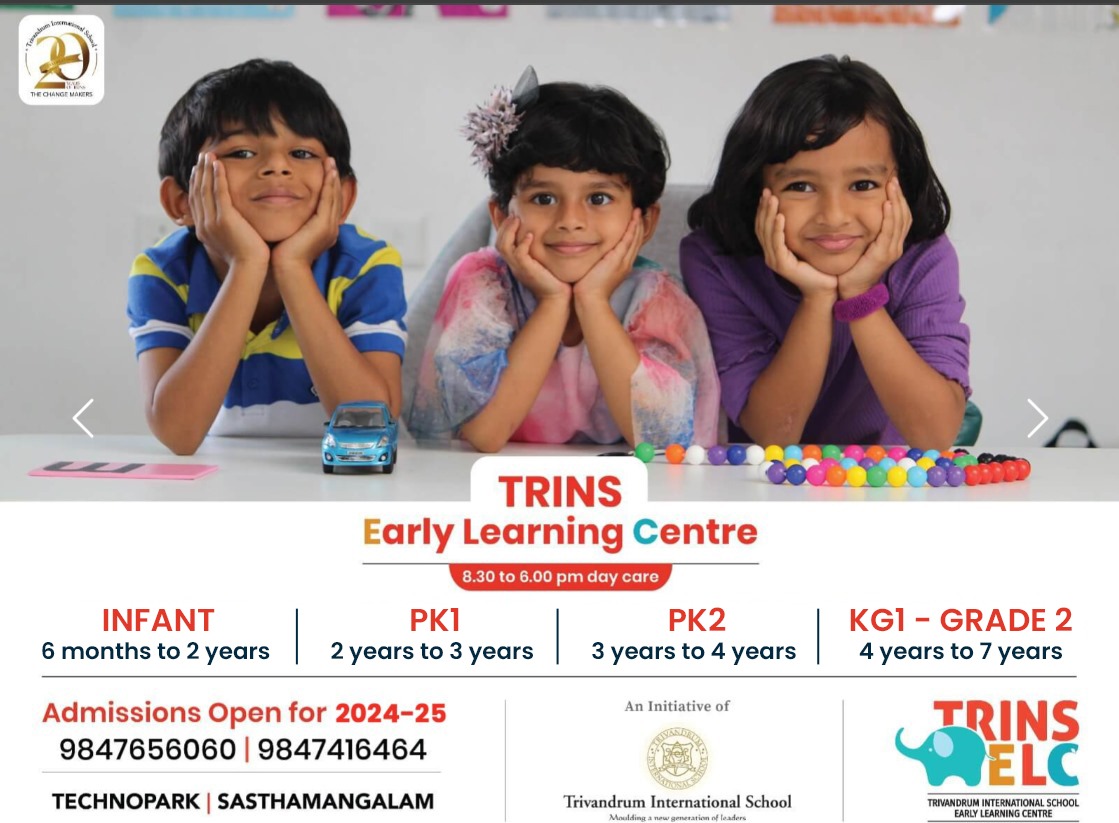


Enhancing Social Skills through After School Programs

The modern education landscape has shifted beyond academic achievements, focusing equally on holistic child development, especially in nurturing social skills. After school programs have emerged as a vital platform for this purpose, offering a multitude of activities that enrich children's social interactions and emotional growth.
Role of After School Programs in Social Skill Development
After school programs are not just an extension of the regular school day. They are a unique space where children can interact in a less formal and more relaxed environment, which is ideal for social skill development. These programs offer a variety of activities that cater to different interests, ensuring that every child finds a comfortable space to engage and connect with peers.
Key Aspects of Social Skill Enhancement
-
Teamwork and Collaboration
-
Group activities and team sports teach children how to cooperate, understand team dynamics, and work towards common goals.
-
These activities also help in resolving conflicts amicably, an essential skill in team environments.
-
-
Effective Communication
-
Children learn to express themselves clearly and listen to others’ viewpoints, fostering effective communication skills.
-
Role-playing and drama activities are particularly effective in enhancing verbal and non-verbal communication.
-
-
Emotional Intelligence
-
Emotional intelligence is critical in understanding and managing one's emotions and empathizing with others.
-
Activities like group discussions and storytelling sessions help children recognize and articulate their feelings.
-
-
Building Confidence and Self-Esteem
-
Participating in new activities and mastering skills boosts children’s confidence and self-esteem.
-
Positive reinforcement from instructors and peers plays a significant role in this aspect.
-
-
Respect for Diversity
-
Exposure to children from various backgrounds promotes inclusivity and respect for diversity.
-
Cultural and community-oriented activities broaden children’s perspectives and understanding of the world.
-
Strategies for Effective Social Skill Development
-
Inclusive Environment: Creating an inclusive environment where every child feels welcomed and valued is crucial.
-
Diverse Activities: Offering a variety of activities ensures that children with different interests and strengths can engage and interact.
-
Positive Role Modeling: Instructors and facilitators play a significant role in modeling positive social behavior.
-
Parental Involvement: Encouraging parents to actively participate or engage in discussions about these activities can reinforce the skills learned.
Challenges and Solutions
-
Limited Resources: Some programs may face resource limitations. Solutions include community partnerships and volunteer involvement.
-
Diverse Needs: Catering to the diverse needs of children can be challenging. Tailored activities and skilled facilitators can address this issue.
After school programs are more than just a means to keep children occupied post-school hours. They are a critical arena for social skill development, offering a safe and nurturing environment for children to interact, learn, and grow. By focusing on these skills, after school programs contribute significantly to the overall development of a child, preparing them for the various social dynamics of life.





